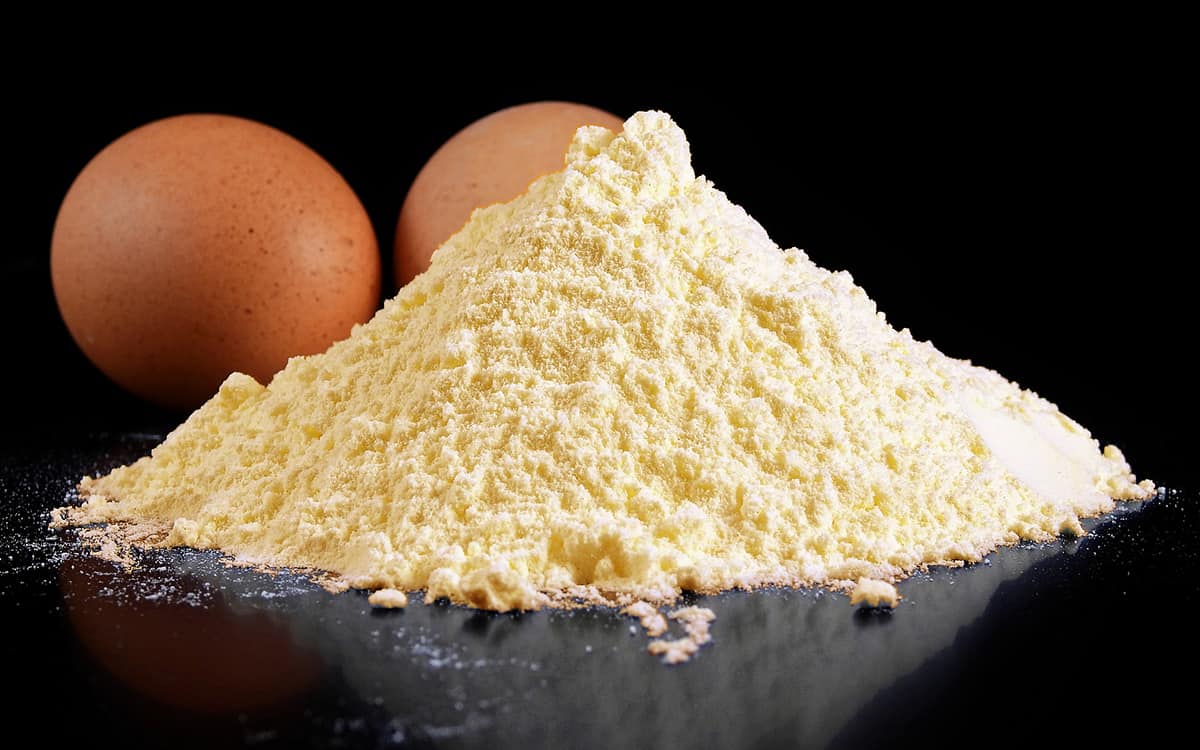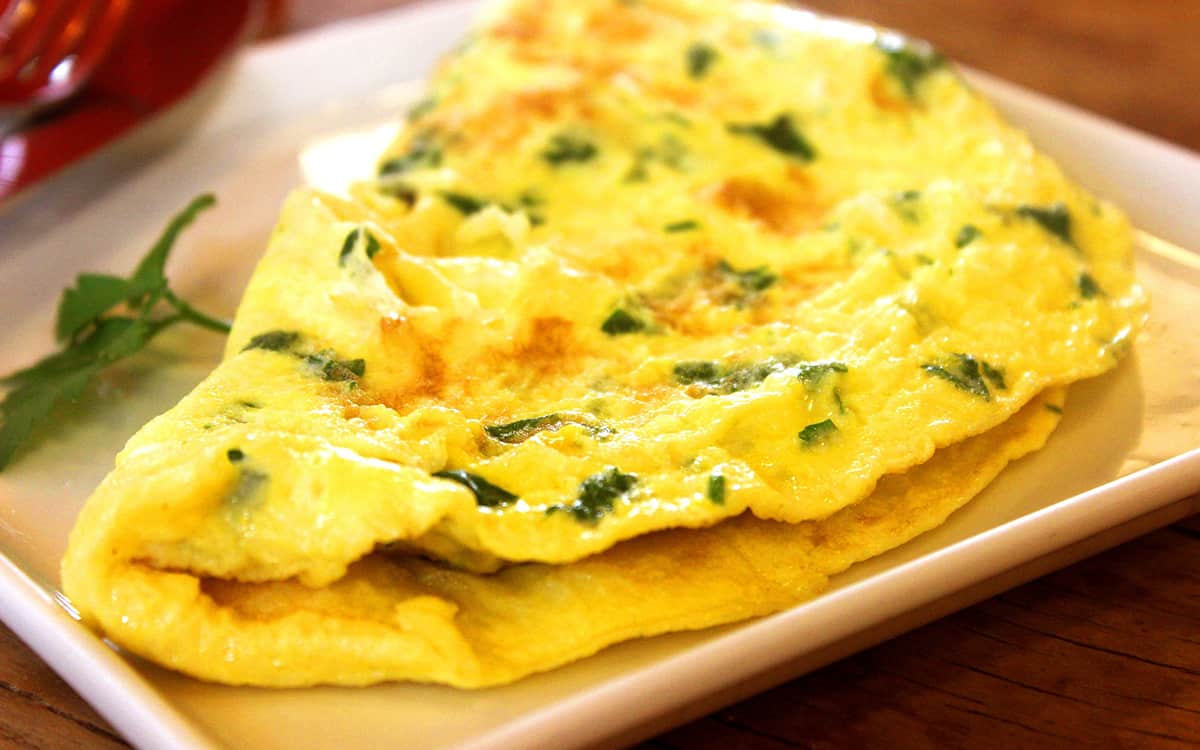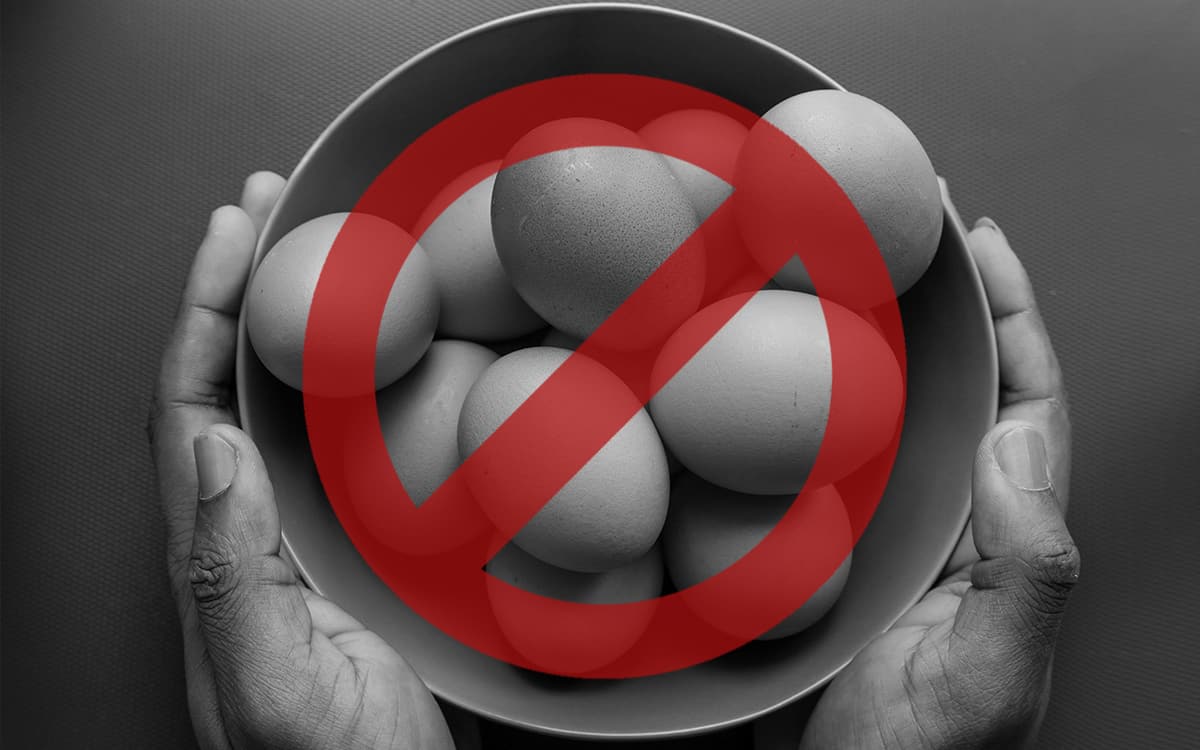When prepping, the storage space and the size of supplies are things a prepper should consider. Food and supplies that can be packed into small containers are preferred, as well as supplies that have a long shelf-life. One of the best choices of preserved food to stock on is powdered eggs. This is because, despite its compact size, it is a versatile and nutrition-dense food, that is easy to store, and has an extremely long shelf life.
Powdered eggs can last up to 15 years depending on the type, and if it’s properly stored. It has all the nutritional contents of a fresh egg, without the risk of spoiling in a matter of three weeks. On top of this, it is compact and does not require any special form of storage.
Moreover, powdered eggs are cost-effective, less susceptible to bacterial growth, and easy to prepare. This is definitely an excellent addition to your emergency food supply.
What is a Powdered Egg?

Powdered eggs are fully dehydrated eggs. It is made through spray drying, similar to how milk powder is made. In the 1930s, Albert Grant and Co., a cake manufacturer were importing liquid eggs from China. They then realized that the eggs were 75% water, and set out to experiment if they can preserve its properties even if they dehydrated the eggs.
A freeze-drying plant was built, to experiment on this concept, and it was a success. Since then, it was used by the United Kingdom during WW II for rationing.
Today, it is available in three preparations: powdered whole eggs, powdered yolks, and powdered egg whites. Its use is not limited to human consumption, and is also being used in the medical field, pharmaceuticals, in making personal care products, cosmetics, animal feed, and pet food products.
Shelf Life
If stored in the perfect condition, powdered eggs can last up to 15 years or more. This varies depending on the type of preparation of the eggs.
- Powdered whole egg – this preparation contains both the yolk and egg whites. They last for 5 to 10 years when stored in an airtight container, and placed in a cool, dark, place.
- Powdered yolks – are similar to powdered whole eggs, these last up to 5 to 10 years in a non-refrigerated environment. This only contains the yolk of the eggs.
- Powdered egg whites – this is made up of only the egg whites and boasts the longest shelf life of up to 15 years or more in a non-refrigerated environment.
It is possible to prolong the shelf life of these products by storing them in airtight, and oxygen-free containers. This is because moisture, sunlight, and oxygen cause rapid degradation of nutrients, and hastens the chemical processes that cause spoilage.
Nutritional Content

Whole fresh eggs and powdered eggs have the exact nutritional content. The following nutrients can be found in a whole powdered egg preparation:
- Protein
- Fat
- Vitamin A
- Every single B Vitamin
- Vitamin D
- Choline
- Omega 3 fatty acids
- Minerals: Calcium, iron, magnesium, phosphorus, zinc, copper, manganese, and selenium
- All essential amino acids
15g of powdered yolk preparation provides 102kcal. They generally have the same nutritional contents as the whole powdered egg, except for lower protein content. On the other hand, the powdered egg white’s preparation provides 56 kcal per 15g. It is fat-free, but also have the same nutritional content as the yolk, albeit in lower concentrations.
Storage
The perfect place to store powdered eggs is in a cool, dry, and dark place such as the pantry. Without the need for refrigeration, it can last well beyond 5 years past its printed expiry date, in the perfect storage condition, using the best storage containers and oxygen absorbers.
It can be stored in any food-safe containers, but for the best result, a combination of a vacuum pack and an oxygen absorber is advised. Vacuum packing removes most air, and the whole thing becomes extremely compact. Oxygen absorbers on the other hand will guarantee that there will be no oxygen left in the packaging.
This is especially useful for preppers and survivalist since vacuum-packed food requires less storage space compared to food stored in a plastic container or a glass jar. It is also more airtight, lightweight, and waterproof. Things that are important to consider when prepping for an SHTF event.
Refrigerating and freezing unopened packs are not necessary as it is already very stable. Plus, the availability of electricity may not be guaranteed when SHTF. However, opened packs are advised to be stored in an airtight container in the refrigerator and can only last for weeks to months.
How to Use Powdered Eggs

One tablespoon (15g) of whole powdered egg mixed with ¼ cup (60ml) of water is equivalent to a large egg. When reconstituted, it acts like a beaten egg and can be cooked into scrambled eggs, or omelet. It can also be used directly in baking bread and other pastries.
The powdered egg whites will take some time before being fully reconstituted. It can be used just like a fresh egg white and can be whipped into a meringue. For preppers, they can even fortify their food by adding powdered eggs when cooking different dishes.
Aside from cooking, the powdered eggs when reconstituted can also be used in anything that requires fresh eggs. It can be used as a moisturizer, hair conditioner, fertilizer and leather cleaner. The powdered egg white combined with flour and water can even be used as a weak glue.
Organic vs. Conventional Powdered Eggs for Preppers
All powdered eggs are made from real eggs unless otherwise stated by the manufacturer. According to the USDA,”organic food is grown and processed according to federal guidelines addressing among many factors, soil quality, animal raising practices, pest, and weed control, and the use of additives.”
Organic producers rely mostly on natural substances, physical, mechanical, or biologically based farming methods to the fullest extent. It is not guaranteed to have the highest nutritional content, despite being more expensive.
So, in the context of prepping, choosing an organic or a conventional powdered egg will not matter much. What’s important is to add this highly versatile, and long-lived product to your emergency food supply.
Safety Concerns

Powdered eggs are not an egg substitute, these are made from real eggs that are dried, and should be treated as such. Knowing this, people who have egg allergies should not consume this product. One good thing about the availability of different preparations is that there are people who are only allergic to the egg white. These people can potentially consume dried powdered yolks but should stay away from powdered whole egg and powdered egg whites.
The eggs are pasteurized in the process of drying, which is why there is little to no risk of getting salmonella and other bacterial infections from these products.
For Preppers
Powder egg’s exceptionally long shelf life, without the need for refrigeration, in addition to being nutrient-dense compared to its size, should make this food a staple of any preppers and survivalist’s emergency pantry.
Being able to vacuum pack this food, and how easy it is to prepare for consumption makes it an attractive supply to bring when venturing out into the world. Besides, compared to fresh eggs, this product does not require too much care in handling due to the lack of an eggshell.

